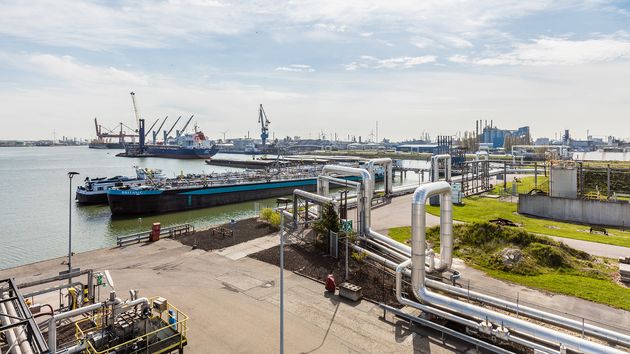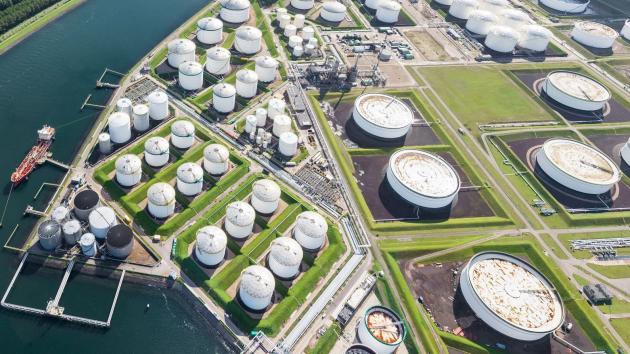
Source: Port of Rotterdam The import of renewable and low carbon hydrogen is paramount if Europe is to end its dependency on Russian fossi

Fuente: Port of Rotterdam Tank storage company Vopak and German hydrogen company Hydrogenious are starting a joint venture in the storage,